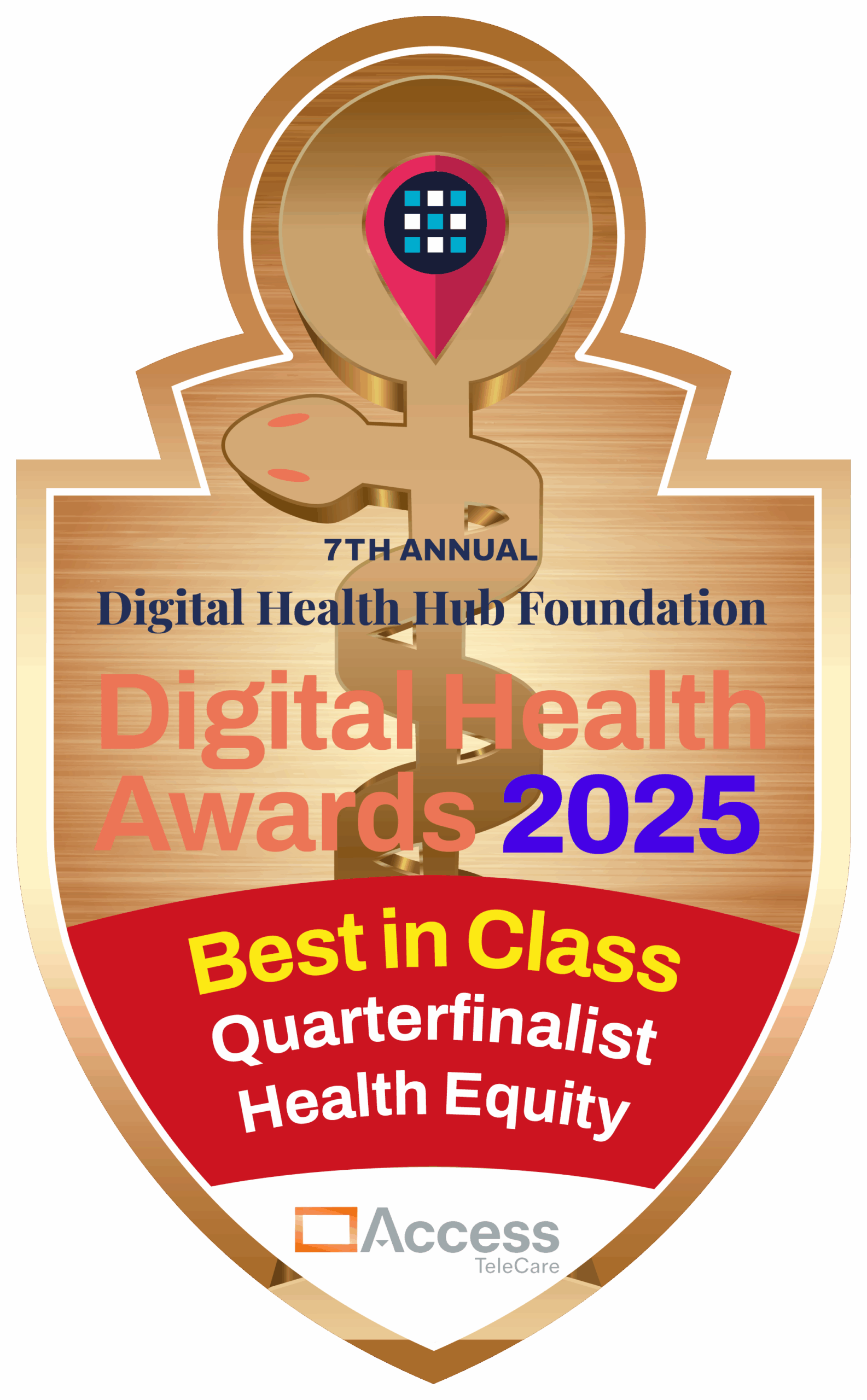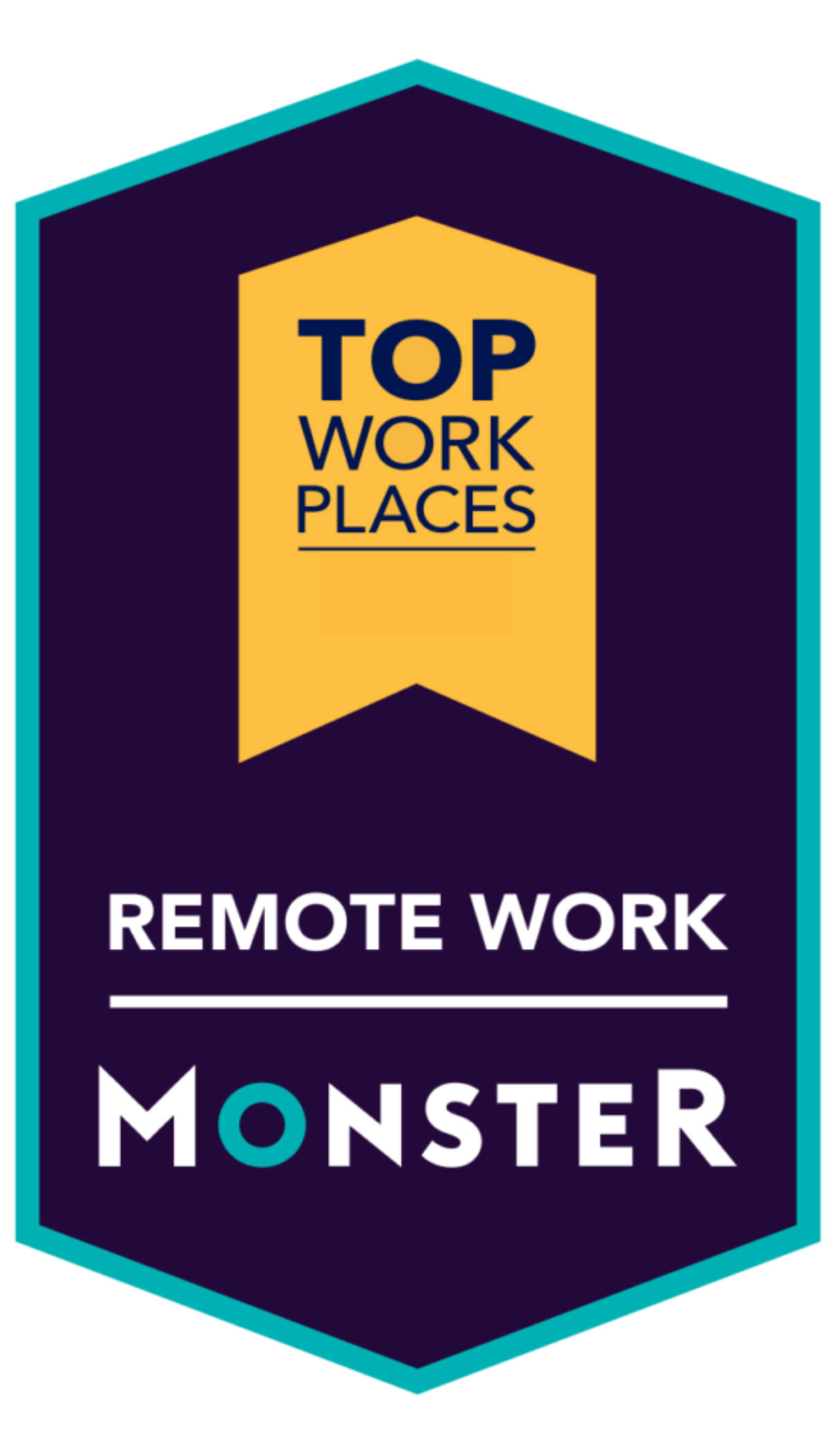Sina Haeri, MD, MHSA, is Vice President, Women & Children’s Health and Chief of Maternal-Fetal Medicine for Access Physicians, a division of Access TeleCare. He shares his latest research project and explains how teleMaternal-Fetal Medicine (teleMFM) specialists support mothers, babies, and hospitals.
In 2020, Dr. Sina Haeri and three colleagues set out to study whether sonographers were missing potential fetal anomalies when they examined the ultrasounds of pregnant women—and whether the introduction of Maternal-Fetal Medicine (MFM) specialists via telemedicine might help.
Haeri gathered thousands of obstetric ultrasounds from eleven private obstetric practices, all performed by sonographers remotely trained according to a standardized protocol. The question was: how many of the ultrasounds deemed “normal” by the sonographers indicated a potential fetal anomaly, as determined by a specialist in maternal-fetal medicine?
Ultimately, the team of researchers analyzed 6,403 ultrasounds. Their findings, published in April 2021 in the American Journal of Obstetrics & Gynecology MFM, showed that MFM interpretation improved the detection rate for fetal anomalies by 50%.
In June, Haeri presented preliminary results of a follow-up study to the American Telemedicine Association. This study examined all remote ultrasound examinations performed at 18 partner sites, all by local sonographers. Of the 16,230 ultrasounds performed, MFMs found abnormalities in 806 that hadn’t been detected by the sonographers.
“We improved diagnostic performance for heart defects by 70%,” Haeri said. “Our teleMFM ultrasound program yields results.”
“We live off of data,” said Haeri. “Obviously, the detection of anatomic and cardiac anomalies matters greatly for the mothers. But it also matters for the hospital systems: If you don’t know about a heart defect, and it’s a critical access environment, that’s an immediate transfer upon delivery.”
Reduce Transfers with teleMFM
Reducing those transfers is a big reason for health systems to adopt a teleMFM program. TeleMFM also helps mothers stay in their community for more of their care, especially during high-risk pregnancies. An expert evaluation so close to home is a blessing for mothers with other children and pressing childcare needs.
Haeri recalled a recent case in which the onsite sonographer had examined an ultrasound and identified what looked like encephalocele. In this rare birth defect, the baby’s skull does not completely close during the pregnancy. It can be treated with surgery, but detection via ultrasound is important.
“With an event like this, which feels catastrophic for the mother, I was able to see her in 30 minutes and provide information on where they should deliver and what the outcomes would be,” Haeri said. “Without that access, it wouldn’t be uncommon to tell the mother you see something bad on the ultrasound, but she’ll have to wait six days to see a specialist and have to drive to go see them.”
Three Prongs of teleMFM
A teleMaternal-Fetal Medicine (teleMFM) program has three prongs, Haeri said:
- Traditional 24/7 coverage in hospital settings
- Outpatient support for clinics within the community
- Ultrasound interpretation within OB offices and training for local staff
“We achieve improved results in detection while bolstering the financial health of the local birthing centers, OB/GYN practices, and independent imaging centers, and supporting the professional advancement of local sonographers,” Haeri said.
A general OB will usually only do about two months of ultrasound training throughout their entire time at residency. But an MFM can train up to 18 months just in ultrasound, making MFM’s the clear experts when interpreting ultrasound results for expectant mothers. Additionally, MFMs who see cases throughout the country via telemedicine develop even more expertise than if they were practicing at just one or a few different locations.
Maternal-Fetal Medicine Physician Shortage
There are approximately 1,800 MFMs in the country right now, but 96 percent of them live in major metropolitan areas, Haeri said. This scarcity is a big reason why maternal-fetal medicine lends itself well to telemedicine. “We focus on critical access communities, going places where the windshield time really matters, whether mom would have to get in the car and get daycare to go see a specialist. That becomes a critical barrier to getting care.”
***
If your community needs more support for maternal-fetal medicine, please contact us to see how our teleMFM program can help.









